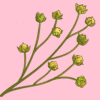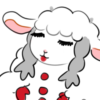The Blue Heeler is a rare and distinctive canine companion that is popular as a herding dog. These dogs also make great family pets due to their lovely temperament. Additionally, farmers love these dogs due to their distinctive herding capabilities. Aside from being loving pets, they can also assist the business by steering farm animals appropriately, which is one of the reasons why they are so well-known among cattle/sheep owners.
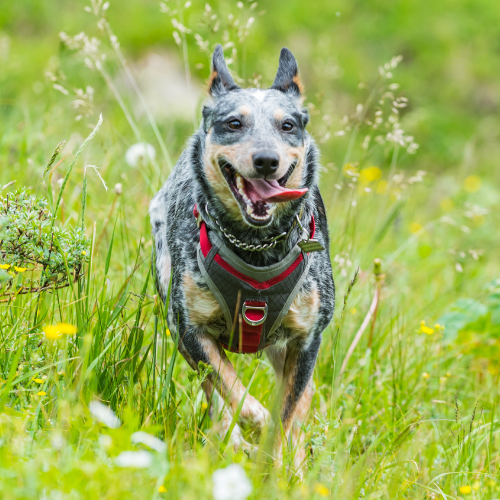
Let’s discuss how to train a Blue Heeler puppy not to bite.
You can do the following to stop your Blue Heeler from biting:
- Exercise your Blue Heeler
Ensure that the dog receives a sufficient amount of exercise. The Australian Cattle Dog, commonly known as Blue Heeler, is known for its high energy level. So, Healers who aren’t given enough to do may resort to biting to get rid of their pent-up energy. So, regular exercise is a must.
- Go for long walks with the Blue Heeler regularly
Try to go for long walks with your Blue Heeler to keep them engaged; otherwise, they resort to aggressive behavior, including biting. They are not lap dogs; they love to work. This is in their genetics. Another way to keep them engaged is to give them a toy to play with in your backyard (if you do not have time to go on a long walk). Additionally, leaving your dog food riddles to solve is also a good idea to engage your pup, particularly when you are going to be off the house. Not only should this keep them occupied, but biting and chewing on the toys should also help if they are young.
- Enroll your dog in training classes
Puppies benefit from playing with other puppies during training classes in many ways. One of them is that they naturally learn bite control and social competence while also allowing them to continue socializing with other dogs.
It would help if you looked for those puppy schools that specialize in stopping your dog from biting.
- Avoid punishment-based methods
Using training methods that are intended to be unpleasant, such as grabbing the collar or striking the puppy on the snout. It is because these negative punishment methods may result in developing additional issues down the road, such as reactive aggression and panic biting.
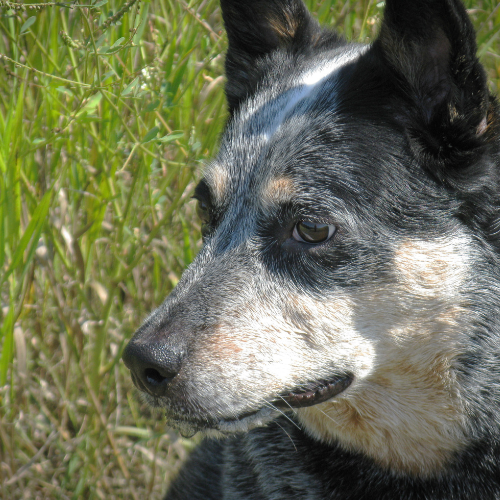
Always try to train your Blue Heeler with positive training methods with no punishment. It will indirectly change your dog’s behavior and stop being aggressive.
- Ignore nibbling/biting
Ignore the dog’s attempts to bite your ankles. Blue Heelers often bite when having fun; therefore, staying motionless and diverting the dog’s attention elsewhere is best. If you ignore the dog, the act of biting will no longer be enjoyable for him, and he will go on to focus on anything else instead.
- Give your Blue Heeler a time-out
If your dog bites a lot, you should move him to a room where he can’t hurt anybody else. They shouldn’t have toys or other things they like interacting with within the room. They will use this space as their “time out” area. If your dog bites someone, grab him by the collar and lead him to the location where he will spend his time out. After that, you must close the door and wait thirty seconds before reentering. You shouldn’t engage them in conversation or do anything that could rile them up.
When the thirty seconds are up, the door should be opened, and they should be allowed to continue doing what they were doing before. However, keep an eye on them so that you can respond if they start biting again.
- Train your pup “leave it” command
Train your Blue Heeler to obey the “leave it” command. Give the dog permission to approach a favorite toy that has been put on the floor. When the dog goes for the toy, tell him in a harsh voice, “leave it,” and then place a reward in front of his nose. This process will teach him to ignore the toy. As soon as he takes his attention away from the toy, immediately provide the treat to him.
After training, tries implementing this command when your dog bites. For example, if your dog bites your legs, you should command him to “leave it” and reward him after he stops biting.
When Does the Blue Heeler Stop Biting?
Australian Cattle Dogs or Blue Heeler pups will stop biting with proper training and diversion of their biting energy. You can try any method mentioned above to stop your puppy from biting.
Fact: Biting can be attributed to the breed’s genetics as well as their training.
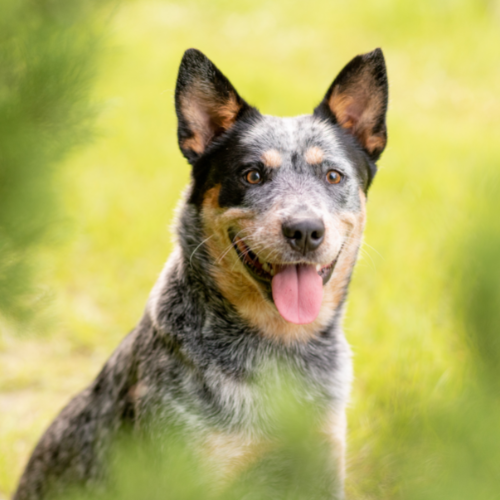
The Blue Heelers’ tendency to bite is inherent in their breed. Because they were raised primarily on farms biting or nibbling has always been an unavoidable aspect of their job and way of life. When it came time to drive the cattle to the slaughterhouse, they would use any method necessary to get the job done. That’s why training them to stop biting is difficult, as they are not designed to do so. But proper training at a very start age can help with regular exercise.
Conclusion
Blue Heelers are prone to biting. It is an innate ability to do so. Additionally, Blue Heelers spent most of their life herding cattle/sheep on farms, and biting and nibbling has always been an inescapable part of their line of work and lifestyle. Because of this, teaching them to quit biting is challenging because they were not developed to behave in this manner. But, proper training with positive reinforcement methods can help these dogs to stop biting. Also, engaging them in high-energy work can divert their attention, and they stop biting and nibbling.

Doctor of Veterinary Medicine (D.V.M.) at Nation Taiwan University,Master of Science (M.S.) in Biomedical Engineering at National Taiwan University of Science and Technology
